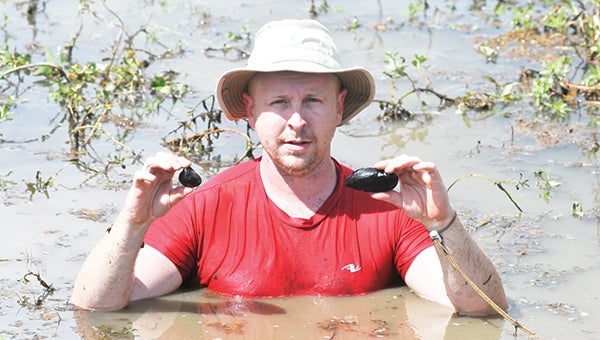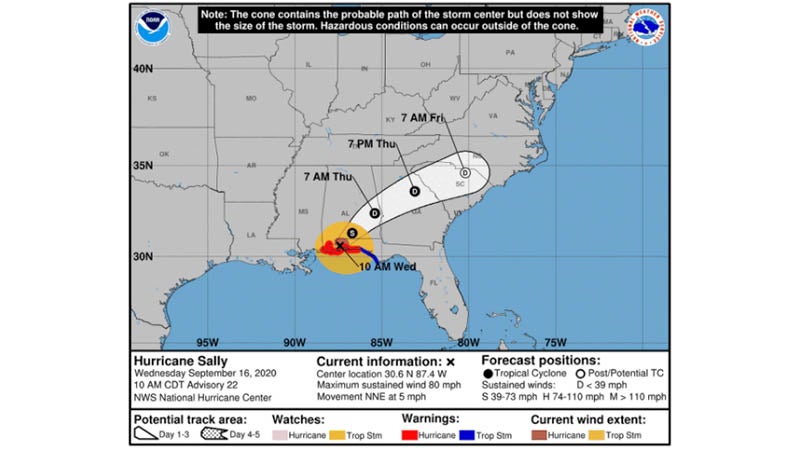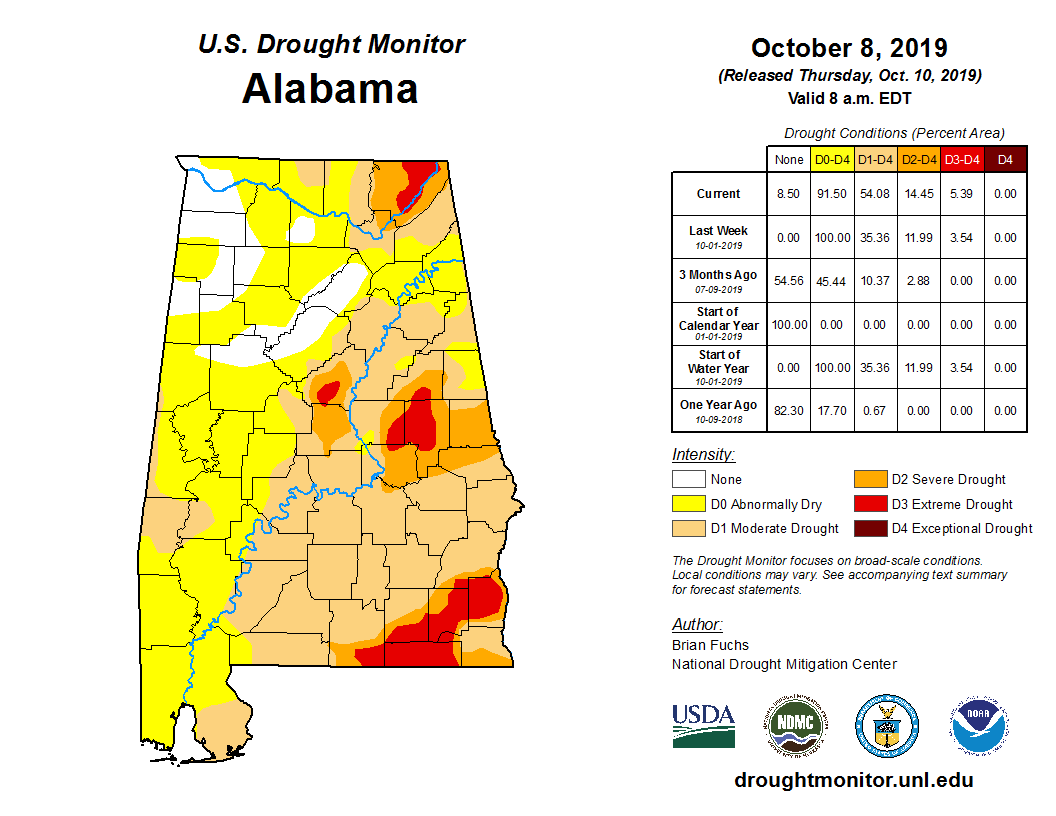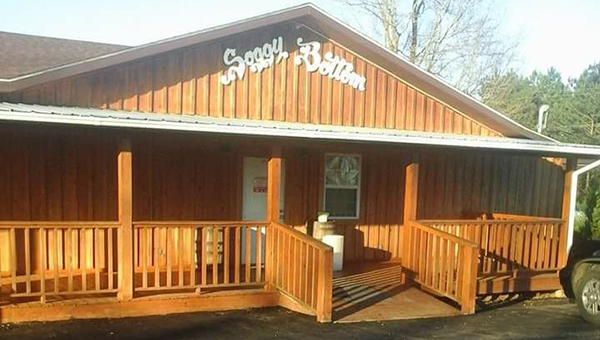MOVING MUSSELS
Published 12:03 am Thursday, August 6, 2015

Jonathan Miller of Deep South Environmental Services holds up an Asian clam and a variable spike mussel. | Andrew Garner/Star-News
Environmental services company gathers mussels at local Gantt campground
It may be mucky work, but it’s the way Deep South Environmental Services LLC principals Paul Stewart and Jonathan Miller prefer it when it comes to finding mussels.
Stewart and Miller are searching for mussels at Gantt’s Cypress Landing RV Park and Campground so that they can translocate them to another area because of forthcoming construction.
“The fish and wildlife service suggest translocation of the mussels before there is any construction,” Stewart said.
Stewart said once the mussels are found, they’ll be moved about 500 meters away from the area where a boat ramp is expected to be built.
“It’s mucky work, but it’s the way we like it,” Stewart said.
Miller said there is a federally listed species of mussel that are common in the lake.
“Fusconaia escambia,” Miller said. “What we do is come in and collect all of the mussels in the area and move them to a safer place.”
Fusconaia escambia (narrow pigtoe) is a threatened species, and can be found in Alabama and Florida. Covington County is one of nine counties in the state that is home to the mussel, according to the U.S. Fish and Wildlife Service.
Before Miller and Stewart enter the water, both marked the area in which they are searching for the mussels.
It can be easy to get turned around, especially when your head is under water, Miller said.
Once the area is marked off, the duo start hunting.
When asked what tools are used to find these mussels, Stewart held up both of his hands.
“They’re the best tools,” he said.
Slowly, but thoroughly, Stewart and Miller begin to feel around on the lake’s bottom.
Pretty soon after starting, Miller found some Asian clams and snail shells, which are also common. Stewart got a head start and found a variable spike mussel.
In deeper waters, scuba gear is needed to search for mussels, Stewart said, adding that there are only six people in the Southeast who are licensed and can scuba for mussels.
Miller said he doesn’t know how many days it’s going to take to hunt for the mussels around and in between the docks at the campground.
“There are many variables and conditions to consider,” he said. “How deep is the water; if it’s less than two-and-a-half to three feet, then you can feel around for them. If it’s deeper, then you need scuba gear.”
Miller said the clarity of the water can also be a factor in how long the search can be.
“To find every mussel, you’ve got to lay down,” he said.




